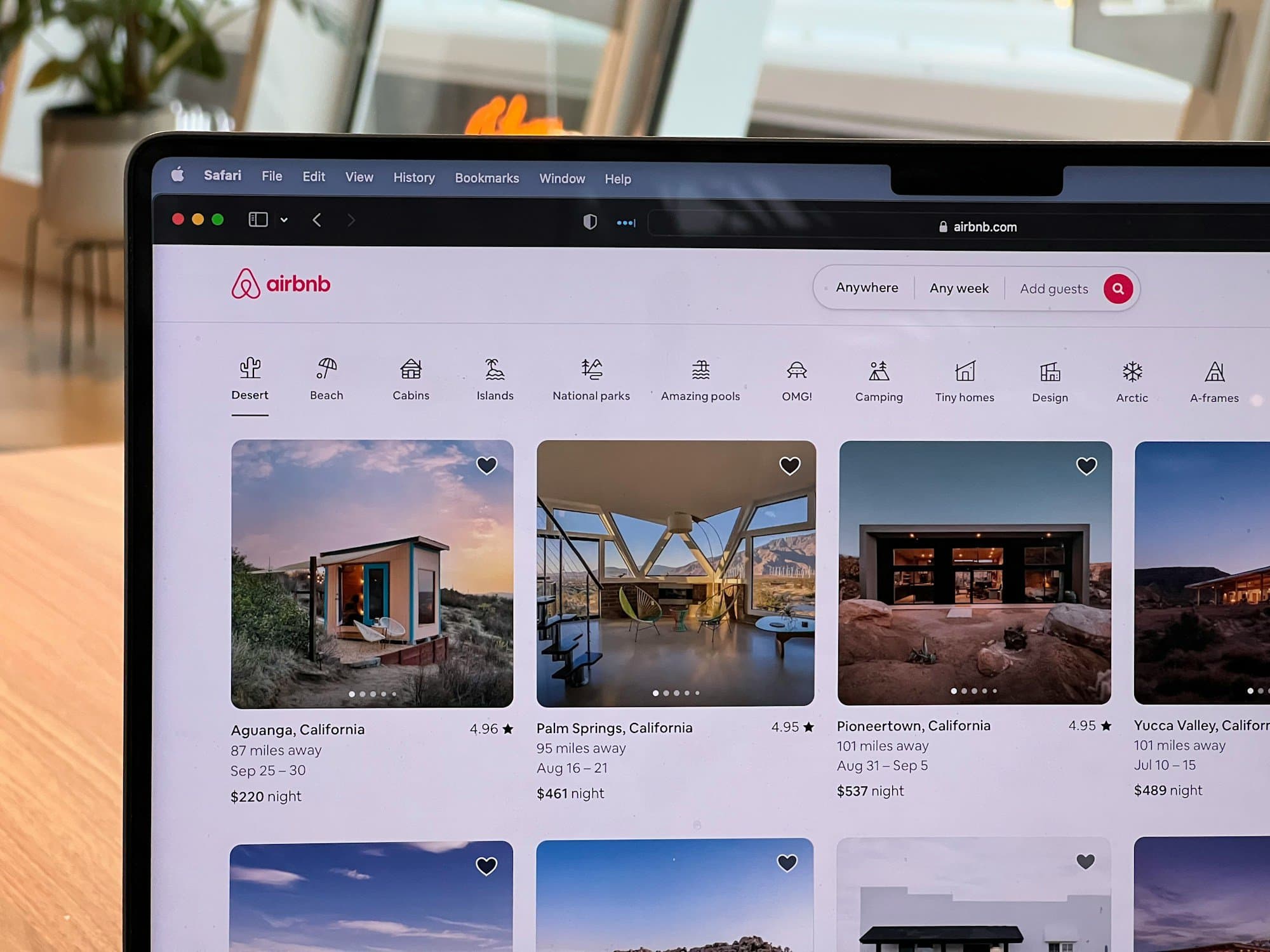
Why Understanding Net Operating Income is Important for Landlords
NOI Real Estate Definition & Applications
Landlords deal with countless abbreviations and acronyms on a day-to-day basis, and it can be difficult to keep track of them all. NOI, one of the most important metrics for measuring a landlord’s profitability, is a key aspect of every landlord’s finances. In this article, we’ll discuss the NOI meaning real estate investors look for, as well as how to calculate net operating income.
NOI Real Estate Meaning
So, what is the true meaning of NOI? For starters, it stands for Net Operating Income, and it’s used to determine how much money you earn throughout a given period. It subtracts your operating expenses from your total income (also referred to as gross operating income). Though it’s most common to calculate your NOI on a yearly or monthly basis, some landlords prefer to use it to measure profitability on a quarterly or even weekly basis.
This metric is a great way to find how much of a profit you’re really making, as it takes into account the number of expenses necessary to run your business. By calculating it on a regular basis, you can easily monitor any changes you observe in your profit-to-expense ratio. NOI does, however, exclude a few expenses, which we’ll discuss in the section below.
Understanding NOI Components
Defining total income and operating expenses can get dicey, but they’re extremely important, especially in the context of NOI real estate. Here’s a breakdown of these two components, which you’ll need a firm grasp of to understand and calculate your own net operating income:
- Total income. This doesn’t just include your potential rental income; any money you earn from fees, parking passes, deposits, etc., is all a part of your total income. This does not, however, include any interest accrued from bank accounts and the like.
- Operating expenses. These have a little bit more nuance to them, but operating expenses are generally any costs associated with the management and upkeep of your rental property business. It can include insurance premiums, legal fees, travel expenses, income taxes and other specific property management costs. Capital expenses are not operating expenses, as capital expenses are longer-term investments that experience property depreciation over time and improve the property in some way. According to the IRS, operating expenses must be all of the following:
- Ordinary and necessary, meaning they are common and productive expenditures.
- Current, meaning it will benefit your business for less than a year (if it will last longer than a year, like a roof replacement, then it is a capital expense or capex).
- Directly related to rental activity, meaning it cannot be for your personal use.
- Reasonable in amount, meaning the expense is economically sound and typical (and there isn’t a significantly less expensive way to achieve the same result).
It’s important to note that when calculating your NOI, you will not include your mortgage payments/interest or your taxes in your operating income. Your NOI is focused on finding the everyday operational expenses, not the bigger picture ones.
How to Calculate Net Operating Income
Now that you understand the components of your NOI, let’s discuss how to calculate net operating income. Luckily, the formula is quite simple:
Total Income – Total Operating Expenses = Net Operating Income
Easy, right? It can be a bit more complex in reality, but the base of the formula remains pretty easy. Now, let’s dive into a more realistic example. Let’s say that XYZ Rentals has earned $7,500 in the past six months, and they’ve spent $3,000 in various operating expenses. A breakdown could look like the following:
| Income | |
|---|---|
| Rental income | $6,000 |
| Deposits | $750 |
| Laundry | $150 |
| Parking | $600 |
| Total Income | $7,500 |
| Operating Expenses | |
| Maintenance requests | $1,000 |
| Supplies | $500 |
| Insurance premium | $600 |
| HOA fees | $400 |
| Advertising | $500 |
| Total Operating Expenses | $3,000 |
NOI = $7,500 – $3,000 = $4,500
Adding your total operating expenses and total income takes patience and precision, but they are the building blocks of finding your NOI. The more energy you dedicate to crunching these numbers, the more accurate your NOI will be.
Why NOI Real Estate is Important
As a landlord, you’re working with many different metrics and numbers. The versatility of NOI makes it one of the most important metrics for both you and anyone you may be working with, and here’s why:
- Monitoring your profitability. To ensure that your business is on track, you’ll need to keep a close eye on your finances. NOI is a quick and easy way to monitor your business’s operating cash flow, since it takes into account how much you earn and spend regularly. If you notice your NOI is drastically changing from period to period, you’ll want to start investigating why that might be so that you can quickly remedy it.
- Growth. Similarly, if you’re looking to grow your business, you’ll have to get comfortable analyzing metrics and crunching numbers, including the NOI metric. To grow your profit, you’ll need to maximize your NOI and put its components under a microscope. Where can you earn additional income? Where can you cut operating expenses? By fine-tuning your operations, you’ll set yourself up for success.
- Lending. To continue your growth, you may be looking to purchase more properties to manage. Banks, lenders, investing partners, and the like will all want to be assured of your success and reliability. Keeping accurate records of your finances—including your periodically calculated NOIs—that showcase your past profitability is the perfect way to earn their trust.
Conclusion
As a property owner, grasping net operating income within the context of your real estate business can be the key to your success, as keeping a close eye on how it fluctuates will help you stay in touch with your finances. Now that you have a better understanding of how to calculate net operating income, as well as the importance of doing so, your business is ready to soar.
FAQs
What is Net Operating Income (NOI) in real estate?
Net Operating Income (NOI) is a metric used to assess the profitability of income-generating properties. It is calculated by subtracting operating expenses from total income earned. It excludes expenses like mortgage payments and taxes, focusing only on operational costs.
Why is understanding NOI important for landlords?
Understanding NOI is crucial for landlords as it helps monitor profitability and operational efficiency. It provides insights into cash flow, assists in making informed financial decisions, and is a key factor when seeking financing or investment opportunities.
How do you calculate NOI for a rental property?
To calculate NOI, subtract the total operating expenses from your total income. Operating expenses include costs like insurance, maintenance, and management fees, but don’t include mortgage payments or taxes. The formula is: Total Income – Total Operating Expenses = NOI.
What are considered operating expenses in the NOI calculation?
Operating expenses include costs necessary for managing and maintaining a property, such as insurance premiums, legal fees, and maintenance costs. They must be ordinary, necessary, current, directly related to rental activity, and reasonable in amount.
How can landlords use NOI to improve their rental business?
Landlords can use NOI to identify areas for operational improvements by analyzing income and expenses. This can lead to strategies for increasing revenue, reducing costs, and improving overall profitability, thus supporting business growth and financial planning.


